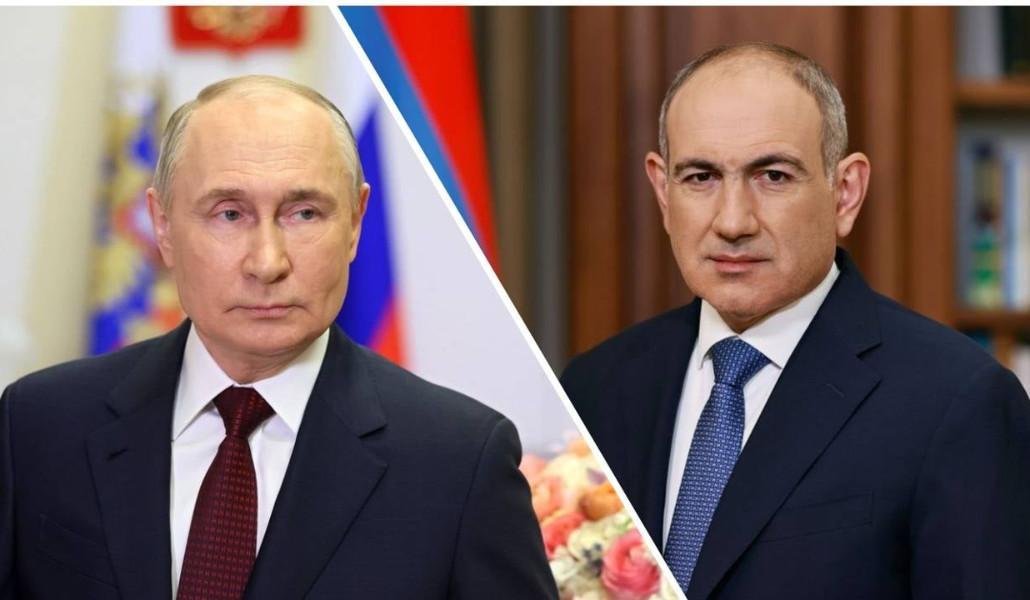Beijing, August 31, 2025 — When Armenian Prime Minister Nikol Pashinyan sat down with Russian President Vladimir Putin on the sidelines of the Shanghai Cooperation Organization summit in China, the optics were strikingly familiar: warm words, nods of “brotherly relations,” and a Kremlin spokesman praising a “good and lengthy” conversation. But behind the diplomatic choreography lies a relationship under historic strain.
For nearly three decades, Armenia relied on Russia as its primary security guarantor. That reliance collapsed after Moscow’s passive role during the 2020 Karabakh war and its aftermath, leaving Yerevan disillusioned and vulnerable. Since then, Pashinyan has taken incremental steps toward Western institutions, most recently endorsing U.S.-brokered peace efforts with Azerbaijan and exploring alignment with European standards. In this context, a face-to-face with Putin carries both symbolic necessity and political risk.
Words vs. reality
The Kremlin’s readout emphasized continuity — “brotherly ties,” institutional dialogue, and the usual tropes of alliance. Yet those phrases increasingly ring hollow in Yerevan. Armenia has reduced its participation in CSTO military exercises, questioned the utility of Russian peacekeepers, and turned to Washington and Brussels for diplomatic cover. Pashinyan’s own rhetoric, while polite in Beijing, has in recent months framed Russia as a partner of declining relevance.
The encounter’s language — useful, substantive, effective — fits into a long tradition of diplomatic euphemisms that mask a lack of deliverables. Unlike earlier summits, there were no new agreements, no announced projects, and no visible steps to ease the widening strategic gap.
Moscow’s fading leverage
For Putin, who has sought to project that Russia remains the indispensable arbiter in the South Caucasus, the optics of engagement with Pashinyan still serve a purpose. The Kremlin needs to show it has not lost Armenia completely. But Moscow’s leverage has eroded: its promises of security ring hollow, its economic pull is challenged by European offers, and its military overstretch in Ukraine constrains its role in the Caucasus.
Pashinyan’s team understands this. By meeting Putin, they gain time, avoid open rupture, and preserve channels while Armenia continues its gradual pivot. The Armenian leader has learned to balance appearances — warm words in Beijing, but Western integration efforts in Washington and Brussels.
The bigger picture
This week’s meeting highlights the paradox of Armenia’s foreign policy. Pashinyan cannot afford to sever ties with Russia outright, not least because of energy dependence and the presence of Russian bases. Yet he also cannot politically afford to return to Moscow’s embrace. The “brotherly relations” Putin praised may now exist more in rhetoric than in reality.
For Azerbaijan, Turkey, and the United States, the message is clear: Russia still wants a seat at the table, but Armenia is hedging against it. And for Moscow, the warm handshake in Beijing may be less a sign of loyalty than a reminder that influence in the Caucasus is no longer guaranteed.


